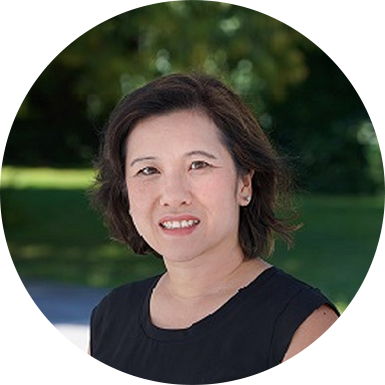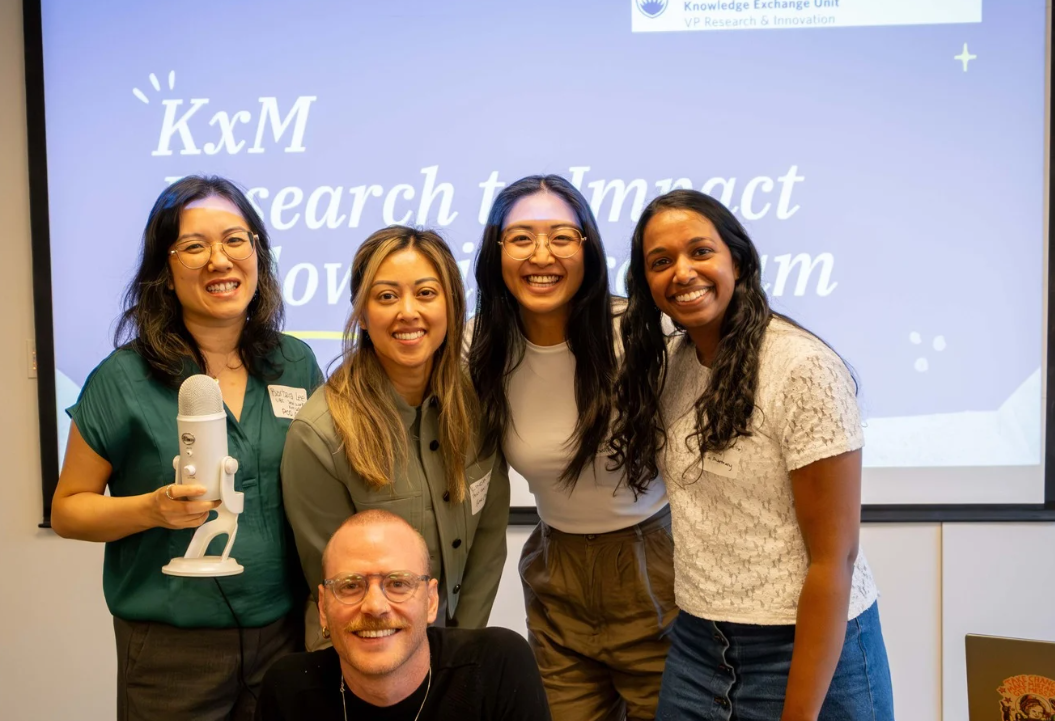Submission to The Social Lens: A Social Work Action Blog by Grant Charles, Associate Professor
In June 2020, claims surfaced about a “Price is Right” game allegedly being played in some BC hospital Emergency Departments in which health care workers were guessing blood alcohol levels of Indigenous patients. The Minister of Health established an inquiry to investigate the allegations about the game and to determine whether this game or other forms of Indigenous-specific racism are being experienced by Indigenous people using the provincial health care system. The Addressing Racism Review was launched on July 9, 2020. The primary report of the Inquiry was released at the end of November 2020.
Two driving principles from Article 24, UN Declaration on the Rights of Indigenous Peoples formed the foundation for the Inquiry. They state that:
- Indigenous peoples have the right to their traditional medicines and to maintain their health practices, including the conservation of their vital medicinal plants, animals and minerals. Indigenous individuals also have the right to access, without any discrimination, all social and health services.
- Indigenous individuals have an equal right to the enjoyment of the highest attainable standard of physical and mental health. States shall take the necessary steps with a view to achieving progressively the full realization of this right.
We heard from almost 9,000 Indigenous and non-Indigenous people through the course of the Inquiry. This included close to 3,000 responses to the Indigenous Peoples survey, almost 5,500 responses to the Health Workers Survey and 600 people who directly contacted the Inquiry team through email or a 1-800 phone line that was available. Another 150 key informants were interviewed. In addition, the Inquiry team had access to data collected from Indigenous people to the COVID-19 Speak Survey, the First Nations Regional Health Survey and the Patient Reported Experiences Measurement Survey of Emergency Departments. The total responses from these three surveys was just over 16,600. We also had access to complaints made to the Patient Care Quality Offices of the Health Authorities and the Health Professions Regulatory Colleges. We also had access to 185,000 health usage and health outcome information from First Nations and Métis individuals. We reviewed findings from other pertinent inquiries, conducted an extensive investigation of the specific “game” complaint, investigated other cases that had been brought to our attention and examined submissions made to us by health sector and Indigenous organizations. The range and depth of this collective information made it possible for us to gain an unprecedented understanding of what was happening to Indigenous people using or working within the BC health care system.
In terms of findings, while the “Price is Right” allegations were unsubstantiated, the other examples of racism and discrimination experienced by Indigenous peoples in the health care system were highly disturbing. Through listening to thousands of voices we saw a health care system where there is widespread, historical and ongoing systemic racism against Indigenous peoples. You can gain a fuller understanding of the findings by reading the report, although as an example we found that:
- 84% of Indigenous respondents reported some form of discrimination in health care;
- 52% of Indigenous health care workers reported experiencing racial prejudice at work with the majority being in the form of discriminatory comments by colleagues and most of the rest by patients and/or their family members;
- More than one-third of non-Indigenous health care workers respondents witnessed racism directed to Indigenous patients;
- 60% of Indigenous respondents reported being treated as though they are bad parents. Interactions with social workers or MCFD representatives were noted by multiple Indigenous respondents as something they and/or their families are particularly fearful of when visiting hospitals or giving birth due to concerns that their children will be apprehended.
This racism results in a range of negative impacts, harm, and death. Again, as but an example, when compared to non-First Nations children, First Nations children receive less support from preventative health care (including midwifery, pediatricians, antenatal visits), and have greater utilization of emergency care (1.5 times greater). First Nations rates of pre-term and very pre-term births are significantly higher, as are rates for being born large for gestational age. Amongst other issues this means that there are higher rates of birth complications even though a higher proportion of First Nations women have less access to appropriate prenatal, birthing and postnatal services. First Nations youth aged 6-17 have rates of asthma, depression, mood and anxiety orders, and epilepsy that are significantly higher than non-First Nations youth.
Overall, we concluded that:
- There is widespread stereotyping, racism and profiling of Indigenous people;
- Racism limits access to medical treatment and negatively affects the health and wellness of Indigenous peoples in BC;
- Indigenous women and girls are seriously disproportionately impacted;
- Public health emergencies are magnifying racism and disproportionately impacting Indigenous peoples;
- Indigenous health care workers and students face significant racism and discrimination in their work and study environments;
- Current education and training programs are inadequate;
- Complaint processes do not work for Indigenous peoples;
- Indigenous health practices and knowledge are not integrated;
- There is insufficient “hard-wiring” of Indigenous cultural safety;
- Indigenous structures and roles in health decision-making need to be strengthened; and,
- There is no accountability for eliminating Indigenous-specific racism, including system-wide data and monitoring of progress.
Based upon these conclusions and consistent with a human rights approach found within the UN Declaration on the Rights of Indigenous People, we made 24 recommendations to address the racism within the BC health care system. They are subdivided into three categories and an overarching implementation recommendation as follows:
- Systems: 10 recommendations focusing on improved accountability, legislative changes, governance structures, standards, complaints processes, physical spaces, and measurement and reporting.
- Behaviours: 9 recommendations focusing on increased Indigenous leadership and health professionals, and specific efforts needed in health emergencies, mental health and wellness, and for Indigenous women.
- Beliefs: 4 recommendations about mandatory health professional education, better public education about Indigenous history and health, and a new School for Indigenous Medicine.
- Implementation: 1 recommendation focused on establishment of a Task Team to propel implementation of Recommendations.
There are no quick or easy ways to address Indigenous specific racism within the health care system. If we are serious about having a health care system that is accessible, accommodating and appropriate we need to individually and collectively address the issues, and our part in them, that are highlighted in this inquiry. To do any less will only serve to perpetuate the historical and current injustices.
You might also like to read an article about the Inquiry in the British Columbia Medical Journal by Mary Ellen Turpel-Lafond (Aki-kwe), JD, LLM, SJD; Laurel Lemchuk-Favel, MHA and Harmony Johnson (sɛƛakəs), MHA at https://bcmj.org/special-feature/plain-sight-elaboration-review
Dr. Mary Ellen Turpel-Lafond (Aki-kwe), JD, LLM, SJD – Inquiry Lead, UBC Professor of Law and Affiliated Professor, School of Social Work
Dr. Grant Charles, PhD, MSW, RSW – Inquiry Team Member, Associate Professor, School of Social Work and Affiliated Faculty Member, Division of Adolescent Health and Medicine, UBC Faculty of Medicine
THE SOCIAL LENS: A SOCIAL WORK ACTION BLOG - The views and opinions expressed in this blog are solely those of the original author(s) and do not express the views of the UBC School of Social Work and/or the other contributors to the blog. The blog aims to uphold the School's values and mission.


